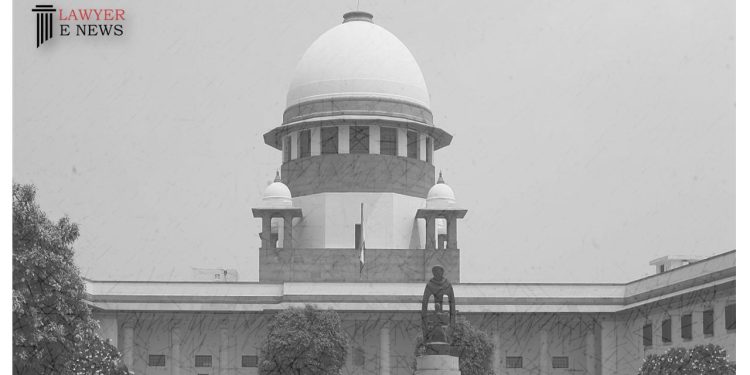Landmark Judgment Upholds Validity of Open Space Reservation Regulations, Ensuring Public Access to Recreational Areas

In a significant ruling, the Supreme Court of India has upheld the validity of Rule 19 of the Development Control Regulations (DCR), affirming the importance of open spaces and ensuring their accessibility for public use. The judgment, delivered by a bench comprising Justices K.M. Joseph and Pamidighantam Sri Narasimha, resolves a long-standing legal dispute over the interpretation and implementation of regulations pertaining to open space reservations (OSR) in urban layouts.
The case, which was brought before the Court, involved a challenge to Rule 19 of the DCR, as well as related regulations governing open spaces. The Court examined the constitutional validity of the impugned Rule/Regulation and assessed whether it violated Article 14 (right to equality) and Article 300A (right to property) of the Constitution of India.
After a careful examination of the facts and legal arguments presented, the Court observed that Rule 19, being a statutory provision, was valid and not ultra vires the Act. The Court further determined that the impugned Regulation fell within the scope of the Act and was not ultra vires either.
One crucial aspect addressed in the judgment was the concept of communal and recreational purpose concerning the OSR areas. The Court interpreted the word “communal” to include not only the members of the layout but also the general public, particularly in cases where the layout exceeded 10,000 square meters. This interpretation emphasized the objective of the law to extend the benefits of open spaces to the wider community.
Supreme Court stated, “Reserving any site for any street, open space, park, school, etc., in a layout plan is normally a public purpose as it is inherent in such reservation that it shall be used by the public in general.” This observation reinforced the notion that open spaces serve the common good and should be accessible to all.
The Court drew inspiration from international practices, including the United States, where the notion of required dedication and reservation of land for public purposes has been upheld even in the presence of constitutional provisions such as the taking clause under the 5th Amendment. This affirmed the legitimacy of regulations that ensure the provision of facilities like roads, streets, sewers, playgrounds, and parks in new subdivisions.
In light of these findings, the Court unequivocally concluded that the impugned Rule/Regulation did not infringe upon the constitutional rights of the property owners. It emphasized that the OSR areas should not be diverted for any other purpose and must be diligently utilized in accordance with the specified rules and regulations.
Furthermore, the Court recognized the need to balance justice and practicality, particularly in cases where certain portions of the gifted land had already been in use by the public. While the Court decided against reversing such land transfers, it directed that any excess land, beyond the area used for public access, be utilized solely for open space reservations.
DATE OF JUDGMENT: February 13, 2023
ASSOCIATION OF VASANTH APARTMENTS’ OWNERS vs GOPINATH & ORS.






